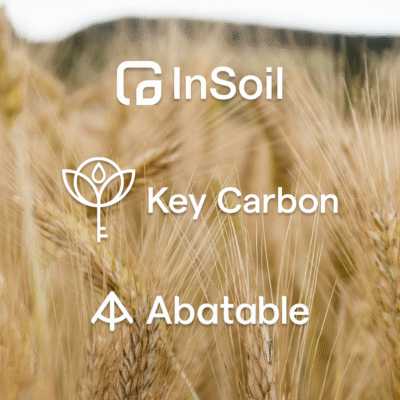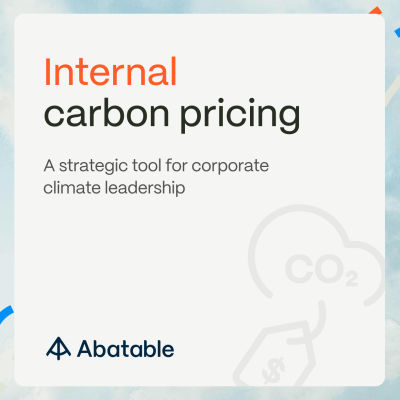The IC-VCM has rejected a host of renewable energy methodologies from receiving a CCP label. As Coco Chernel explains, while the move was not unexpected, this does not mean all renewable energy projects are now defunct within the voluntary carbon market.
Credit quality will remain a major theme of the voluntary carbon market (VCM) in 2024, as the Integrity Council for the Voluntary Carbon Market (IC-VCM) continues to make assessment decisions on which carbon credit methodologies are stringent enough to receive its Core Carbon Principles (CCP) label.
In June IC-VCM announced that seven landfill gas and ozone depletion carbon credit methodologies, accounting for around 27 million credits, passed the requirements of the CCP assessment framework, as predicted by Abatable’s forecast released in March this year.
However, the most recent decision to reject eight renewable energy methodologies from receiving the label is more significant, given that approximately one-third of the VCM’s current available carbon credit supply has now failed to meet the strict quality requirements.
The renewables methodologies fall under IC-VCM’s Grid-connected renewable energy, Mini-grids, and Renewable energy (off-grid) categories. Whilst submitted by major carbon standards Verra and Gold Standard, they originally stem from Clean Development Mechanism (CDM) methodologies that have been revised and adapted over time.
In addition to the renewables methodologies, IC-VCM also rejected a methodology for SF6 avoidance projects (VCS – AM0065) and approved a methodology for leak detection and repair in gas systems (VCS – AM0023 v4).
The IC-VCM decision is also in line with Abatable’s CCP forecast, which identified medium and low likelihoods for the renewable energy methodologies obtaining the label (see Figure 1).

Figure 1. The project types Abatable expects will have the greatest supply of CCP-eligible carbon credits
Not a total surprise
This announcement may not come as a total surprise to the market – the additionality of renewable energy projects has long been scrutinised, with technologies such as wind and solar having established commercial viability for some years now.
It is important to note however that carbon revenues can play an important role in catalysing renewables uptake in nascent markets. In certain regions, carbon credits can play a key role in providing needed finance for renewables projects, helping to derisk these projects and allowing final investment decisions to be made to get renewable electrons into grids. This might be in areas with less-established renewables supply chains, areas which have a higher cost of capital or those with developing electricity grid infrastructure.
The context here is important, though. It’s critical to get frameworks right so the funding enabled by carbon credit revenues is directed to the right places to enable new renewables projects to connect to grids that wouldn’t have materialised otherwise.
IC-VCM’s decisions are a result of it cracking down on the need to prove this financial additionality by requiring inarguable evidence that a renewable energy project could not feasibly occur without the incentive of carbon credit revenues. Methodologies need to be rigorous enough to allow this.
What does it mean for buyers of these credits?
Beyond the 236 million unretired credits in the market now rejected from obtaining a CCP label, Abatable estimates that a further 374 million credits lie within buyers’ balance sheets, with notable volumes being retired within the aviation, automobile, oil and gas, transport and logistics and pharmaceutical sectors.
Questions may now arise on these credits in buyers’ portfolios and what this means for their climate contributions.
Here it is important to note, however, that, whilst a specific methodology may not pass the IC-VCM’s quality requirements, a given carbon project can still be high-integrity – depending on the level of conservatism and additional measures applied by the project developer.
Hence, there is a more granular element to quality, and this must still be assessed at the project level to truly depict the efficacy of a given carbon credit portfolio.
Find out more about our carbon-sourcing services here, and speak with us to find out how we can help you source the right carbon credits for your needs.
Access Abatable’s CCP forecast here.

































































































